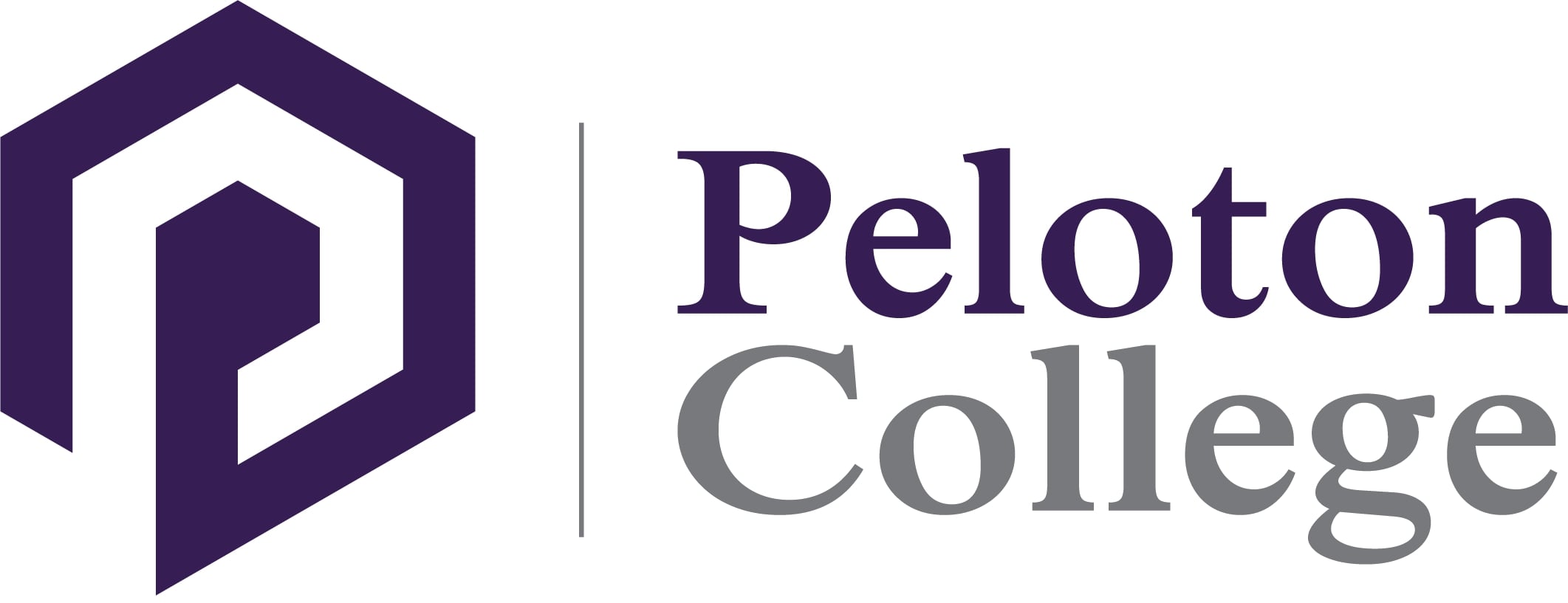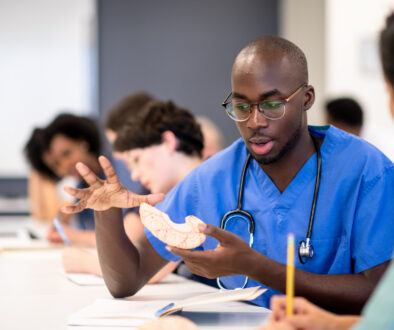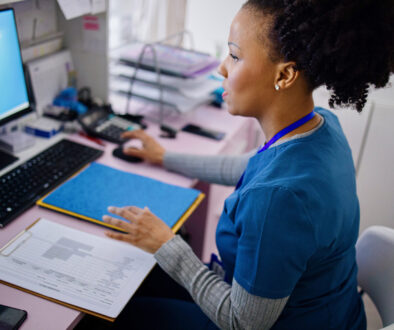How Long Does It Take to Become a Medical Biller?

The healthcare industry is growing, but it needs more than doctors and nurses to succeed. The billing and coding specialists that drive reimbursement are key players in the modern medical office. If you’re ready for a challenge, become a medical biller today to secure your future in a thriving field.
What Does a Medical Billing Specialist Do?
Medical billing and coding specialists work with health data for billing and insurance reimbursement purposes. Their responsibilities include:
- Data entry
- Reviewing patient records for completeness, and accuracy
- Verifying data
- Managing information in clinical databases
- Using alphanumerical classification systems to code data for insurance claim
- Filing insurance claims
- Light accounting
How Long Does It Take to Become a Medical Biller?
Most jobs in the healthcare field require a college degree, but full-time students can graduate from a vocational medical billing and coding program in just nine months. With less than a year of training, you are ready for entry-level positions with unlimited professional growth potential. It a quick way to a rewarding new career and a sound future.
What Do You Learn in a Medical Billing and Coding Program?
Medical billing and coding programs prepare you for your first job in health finance. Courses include:
Medical Terminology
Healthcare professionals have a language of their own, but it’s surprisingly easy to understand once you learn how to break terms down into their parts. Instead of memorizing long words, you’ll learn about prefixes, suffixes and root words and how they’re combined to create medical jargon.
The prefix “hypo-,” for example, means too little. The root word “glyco-” refers to blood sugar, and the suffix “-emia” refers to compounds in blood. So, when you run across the term hypoglycemia in a patient’s chart, you’ll know it means low blood sugar without having to look it up.
Anatomy and Physiology
Billing and coding specialists don’t have a clinical role but learning how the body is made and how it works helps them better understand medical reports. Unlike the in-depth anatomy and physiology courses clinical professionals take, this class covers only what you need to feel confident researching medical records.
Electronic Health Records (EMR)
Data is the foundation of medicine. Today, most health records are stored digitally for quick access. In this course, you’ll use the same advanced software you’ll use on the job to learn how medical records are created, maintained and secured. The legal and ethical aspects of sharing data are also covered.
Health Insurance Theory
Most medical bills in the US are paid for by insurance companies. But the system is complex and includes both commercial insurers and government programs from Medicare and Medicaid to Worker’s Compensation. Each works differently and has different documentation requirements for claims, some patients have more than one insurer, making billing especially challenging.
In this course, you’ll learn how healthcare is funded, exploring the theory behind insurance and how different kinds of policies work. Later, you’ll tackle case studies, so you feel well-prepared to complete, submit and diagnose complicated claims.
Billing and Coding
Medical billing and coding specialists condense pages of health data by translating parts of it into short, alphanumeric sequences that describe symptoms, disorders, treatments, medical equipment and services. Streamlining this information helps reduce the sheer volume of data that changes hands between providers and insurers and puts information into trackable categories that can be researched to improve health and financial outcomes.
This class teaches students about the three most common coding systems, ICD-10, CPT and HCPCS, and how they’re used for both reimbursement and study. You’ll practice finding codes and filling out insurance claim forms.
Benefits of Graduating from a Billing and Coding Program
The benefits of vocational school programs are hard to ignore. From a comprehensive training program to hands-on learning and everything in between, graduating from a billing and coding program prepares you for a job supporting the frontlines and is as rewarding as it is challenging.
Benefit #1: Comprehensive Training
Vocational school programs produce work-ready graduates in months by focusing on practical skills. But the curriculum is no less comprehensive than what universities offer except that it doesn’t include costly and unnecessary electives. Education is never wasted, but a poetry class doesn’t contribute to your expertise as a medical biller.
Benefit #2: Hands-on Learning
Vocational schools blend the best in classroom instruction with practical, hands-on training. You learn on the same equipment you will use in medical offices, practicing on sample charts so you will be fully comfortable in your new jobs.
Benefit #3: Seasoned Instructors
Vocational schools hire seasoned instructors with leadership experience in the field. You benefit from their real-world knowledge and gain valuable insights into the profession. Learning the ropes from people who’ve been is a golden opportunity for you to glean tips and career advice.
Benefit #4: Small Class Sizes
It’s easier to learn in small classes. The atmosphere is relaxed, and creativity is encouraged. Peers work together and instructors have more time to give you one-on-one attention. No one feels intimidated or falls behind.
Benefit #5: Career Services
Medical billing and coding specialists are in demand but graduates still must compete with experienced candidates for top positions. Vocational schools work hard to place you in good jobs. Partners to local healthcare facilities, they’re go-to sources for qualified applicants with proven skills.
Breaking into a new industry is challenging without experience, but career advisers will help you connect with potential employers. Many job openings are never posted publicly, and vocational school graduates get the first crack at the best positions.
Final Thoughts
Medical billing and coding specialists ensure the financial success of their community’s healthcare providers, it’s a meaningful role. If you feel stuck in your current job, why not consider an exciting new career in a growing industry? Vocational schools make training to be a medical biller easy, and the benefits last a lifetime.
Want to Learn More?
The Medical Billing and Coding training program at Peloton College provides students vital knowledge in Medical Terminology and Understanding Health Insurance Claims and prepares students to be able to work with and maintain electronic health record systems in the health care industry. Graduates of this Medical Billing and Coding training program will also be eligible to sit for the Certified Electronic Health Records Specialist (CEHRS) Certification or the Certified Billing and Coding Specialist (CBCS) Certification.
The mission of Peloton College is to be the premier provider of hands-on training and education by providing students and graduates with the necessary skills to secure occupational careers. Contact us today to learn more.



